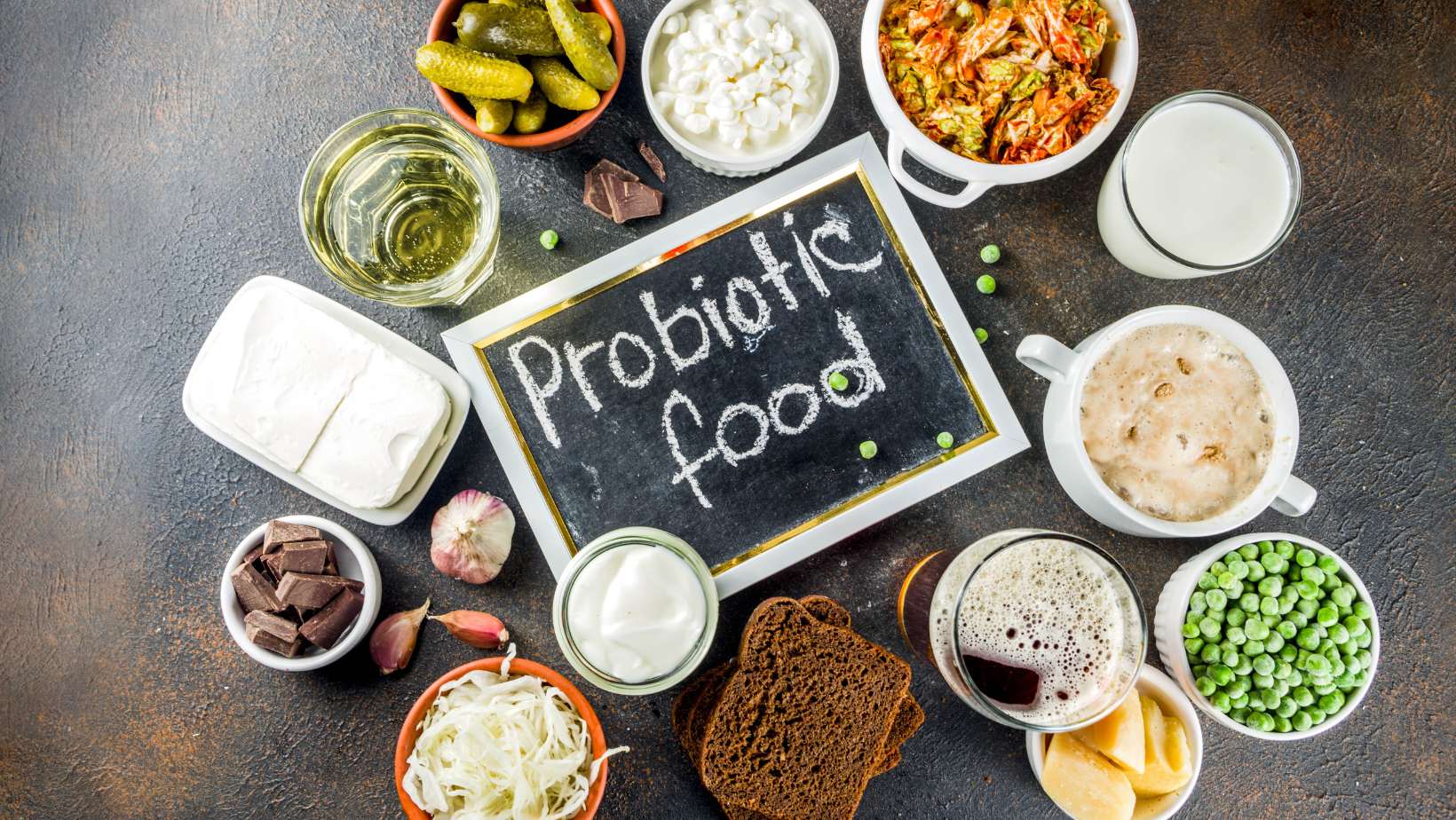Microbe Mastery: The New Frontier of Health Begins in Your Gut
In a world obsessed with external cleanliness, a quiet revolution is taking place within our bodies. Scientists are uncovering the profound impact of the trillions of microorganisms residing in our gut – a complex ecosystem that may hold the key to unlocking numerous health mysteries. From digestive issues to mental health, the reach of these tiny inhabitants extends far beyond what we once imagined.
The Gut-Body Connection: More Than Just Digestion
Recent research has revealed that the state of our gut microbiome – the collective name for the microorganisms living in our intestines – plays a crucial role in overall health. This internal ecosystem affects not just digestion, but also:
- Immune function
- Mental health
- Cardiovascular health
- Weight management
- Skin conditions
- And even neurodevelopmental disorders
The Irritable Bowel Epidemic
With an estimated 60 million Americans suffering from symptoms of Irritable Bowel Syndrome (IBS), gut health has become a pressing public health concern. But what’s causing this widespread digestive distress?
Common Culprits of Gut Imbalance
- Processed diets high in sugar and refined carbohydrates
- Overuse of antibiotics and other medications
- Chronic stress
- Environmental toxins
The Probiotic Promise: Hype or Hope?
As awareness of gut health grows, so does the market for probiotic supplements. But are these “good bacteria” really the panacea they’re often portrayed to be?
What Science Says
While research is still in its early stages, studies suggest that certain probiotic strains can indeed be beneficial for specific conditions. However, it’s not as simple as popping any probiotic pill and expecting miracles.
Choosing the Right Probiotic
Not all probiotics are created equal. When selecting a supplement, consider:
- Strain diversity: Look for products with multiple bacterial strains
- CFU count: Aim for at least 25-50 billion colony-forming units
- Shelf stability: Some probiotics require refrigeration, while others don’t
- Quality assurance: Choose reputable brands with third-party testing
Beyond Supplements: Nurturing Your Gut Naturally
While probiotic supplements can be helpful, they’re just one piece of the gut health puzzle. To truly nurture your internal ecosystem:
1. Embrace Fermented Foods
Traditional fermented foods like kimchi, kombucha, and kefir are natural sources of probiotics. Including these in your diet can provide a diverse array of beneficial bacteria.
2. Feed Your Flora with Fiber
Prebiotic fibers act as fuel for beneficial gut bacteria. Foods rich in prebiotics include:
- Garlic and onions
- Jerusalem artichokes
- Bananas
- Chicory root
3. Minimize Gut-Busting Habits
Certain lifestyle factors can disrupt your gut microbiome:
- Excessive alcohol consumption
- Chronic stress
- Lack of sleep
- Sedentary lifestyle
The Mind-Gut Connection: A Two-Way Street
One of the most fascinating areas of gut research involves the intricate communication between our digestive system and our brain. This “gut-brain axis” suggests that the state of our gut can influence our mood, cognition, and even behavior – and vice versa.
Stress and Your Microbiome
Chronic stress doesn’t just affect your mind; it can also alter the composition of your gut bacteria. This, in turn, can lead to digestive issues and potentially exacerbate mental health problems.
When to Seek Professional Help
While dietary changes and probiotic supplementation can be beneficial for many, some gut issues require more targeted intervention. Consider consulting a functional medicine practitioner if:
- You experience persistent digestive symptoms despite lifestyle changes
- You suspect food sensitivities or allergies
- You have a history of frequent antibiotic use
- You’re dealing with chronic health issues that may be gut-related
The Future of Gut Health: Personalized Probiotics?
As research in this field progresses, we may see a move towards more personalized probiotic therapies. By analyzing an individual’s unique microbiome composition, scientists hope to develop targeted treatments for specific health conditions.
The Bottom Line: Cultivating Your Inner Garden
Maintaining a healthy gut microbiome is emerging as a cornerstone of overall wellness. While the science is still evolving, there are clear steps we can take to nurture our internal ecosystem:
- Prioritize a diverse, plant-rich diet
- Consider probiotic supplementation, but choose wisely
- Incorporate fermented foods and prebiotic fibers
- Manage stress and prioritize sleep
- Limit the use of unnecessary antibiotics and other gut-disrupting medications
FAQ: Navigating the World of Gut Health
Q: Can probiotics help with weight loss?
A: While some studies suggest a potential link between certain probiotic strains and weight management, more research is needed. Probiotics are not a magic bullet for weight loss but may support overall metabolic health as part of a balanced diet and lifestyle.
Q: Are all yogurts good sources of probiotics?
A: Not necessarily. Look for yogurts labeled with “live and active cultures.” Avoid those high in added sugars, which can counteract the benefits. Consider non-dairy alternatives if you’re lactose intolerant.
Q: How long does it take to see benefits from probiotics?
A: This can vary widely depending on the individual and the specific probiotic strain. Some people report improvements in digestive symptoms within a few days, while others may take several weeks to notice changes. Consistency is key.
As we continue to unravel the complexities of the human microbiome, one thing becomes clear: the path to optimal health may very well begin in our gut. By nurturing this internal ecosystem, we have the potential to influence not just our digestive health, but our overall well-being in profound and far-reaching ways. The next frontier of medicine isn’t in a pill or a procedure – it’s flourishing right inside us, waiting to be cultivated.
